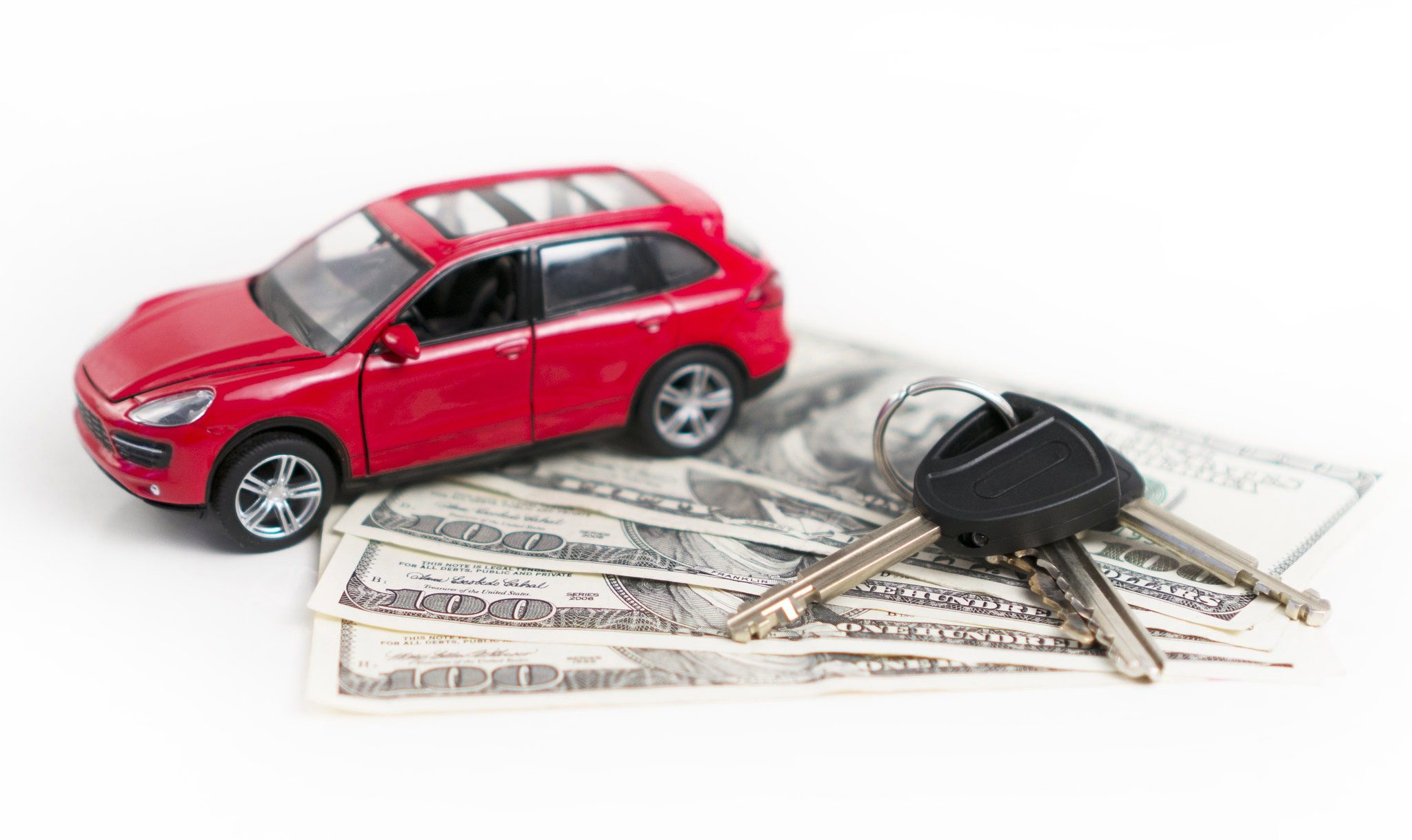Table of Contents
What You Need to Know
Buying a car comes with excitement and thrill that few things can compare to. All you can think about is getting behind the wheel and driving off in the vehicle of your dreams. Before you do that, you might want to consider the financing bit. Most people cannot afford to walk into a dealership and pay cash for the car of their dreams. Getting auto finance isn’t necessarily for everyone. Here are some things to consider before financing your car.
If you are among the lucky few who can do this, then congratulations and get the car by all means. You will own it and not worry about repaying a loan. For the majority of us to whom cash payment is not possible, car finance or credit are the best options. You can do this through your bank, credit union, a friend or family member, or a car dealership. Here’s what you need to know before financing your car.
1. Your budget
It’s not enough to know the kind of vehicle you want. You should also determine how much you are willing to spend on it. Having a budget is something you should do before you get to the dealership. If you don’t, the car salesman may convince you to buy the most expensive vehicle since this means a higher commission for them. Also, you may find yourself choosing a car with a longer payment term than you had planned. This situation is not ideal because you don’t want to pay off a car forever.
Various factors can help you determine how much you should spend on a car. According to experts, the total amount should be 15% to 20% of your monthly income or less. Also, this is not cut and dry because you should also consider the rest of your monthly expenses and see if you’ll manage to take care of them as well.
You can use the Nova scotia auto loan calculator to figure out the amount and number of installments you’ll need to make to finish financing your car.

2. Your credit score
Your credit score is what lenders use to decide whether or not to give you a loan and the interest to charge. Your credit history will tell them whether or not they can trust you to repay the loan. Having a high credit score means lenders can trust you, and thus they will give you the best rates and attractive terms. The opposite is true. For example, someone with a score of 700 can get an annual percentage rate (APR) of 6.5% while another person with a credit score of 500 is charged 17%. Therefore, it’s vital to know your credit score.
Having a low credit score is not the end of the world. There are steps you can take to improve the figure before you apply for an auto loan. You can first look at your credit score to know how good or bad it is. Next, you can create and implement payment reminders to improve your payment history on credit cards. Finally, start making or increase repayments of debts like student loans. These steps will boost your credit score.
It is important to note that having a high credit score doesn’t mean you should get the most expensive vehicle around. That is why it’s vital to have a budget, as we’ve discussed.
3. The different financing options
Knowing the various ways you can finance your car will help you to pick the most suitable one.
a) Personal loan
Personal loans are the most common way of buying a vehicle on credit. This involves your bank, finance provider, or building society, giving you a loan. Most of the time, the repayment period ranges from one to seven years. However, this period plus your interest rates are often determined by your credit history and the amount of loan you want.
Avoid securing the loan against your home because you don’t want to lose your home if you are unable to repay it.
Personal loans are usually the next cheapest option if you are unable to pay cash. They can be discussed in person, online, or over the phone. Most of the time, the loan takes care of the entire cost of buying the vehicle. You can compare fixed interest rates among different institutions and choose the best one.
On the other hand, it might reduce your chances of getting other loans if you haven’t completed the one you’ve been given. Additionally, some lenders may take time to provide the funds, which may inconvenience you.
b) Hire purchase
Hire purchase is a type of financing where you are given a loan against the car you are buying. Therefore, you make a deposit (which is usually 10% but varies from one lending institution to another) and then continue making monthly payments for the period agreed upon. Failure to do this can result in you losing the car.
The repayment period can be from 12 months to 60 months. Car dealers usually arrange this type of agreement.
The advantages of hire purchase include a low initial deposit, flexible repayment terms, and the fact that the arrangements are easy and quick to make. On the flip side, you only own the car once you’ve completed all the payments. Also, it may not favor short-term agreements, which means it may be costly.
c) Personal contract purchase
The difference between a personal contract purchase and the traditional hire purchase is that the former has lower monthly payments and a higher repayment amount. You will still be required to pay a deposit and fixed monthly installments.
This arrangement focuses on the depreciating value of the vehicle. Thus, you are given a loan that covers the difference between the price of the car when new and estimated value when their agreement expires.
When you come to the end of the hire purchase term, you can take back the vehicle and repeat the process of getting another one. You can also give the car back without making any payment. The third option is making a balloon payment and keeping the vehicle. A balloon payment is a final payment you pay if you want to retain a car you got through personal contract purchase. The amount varies from dealer to dealer. However, it is usually higher than the monthly payments.
The reasons you might consider personal contract purchase include the low deposit and monthly installments, flexibility in repayment terms, and having a choice on how to proceed after the repayment term.
On the other hand, since the depreciating value considers the car’s mileage, you might pay extra if you surpass this mileage. You can also pay additional fees if the vehicle has a lot of wear and tear. Also, the total amount might be more compared to if you had chosen a hire purchase agreement. You can’t keep the car in the end, unless you make the balloon payment.

Final thoughts
There are so many factors that go into buying a car. The good news is that once you’ve sorted out your financing option, it is smooth sailing from there. Don’t skip this step because it can determine whether you’ll enjoy your newly acquired toy or drown in stress. I wish you the best as you think about financing your car.
Featured Image by Flicker




